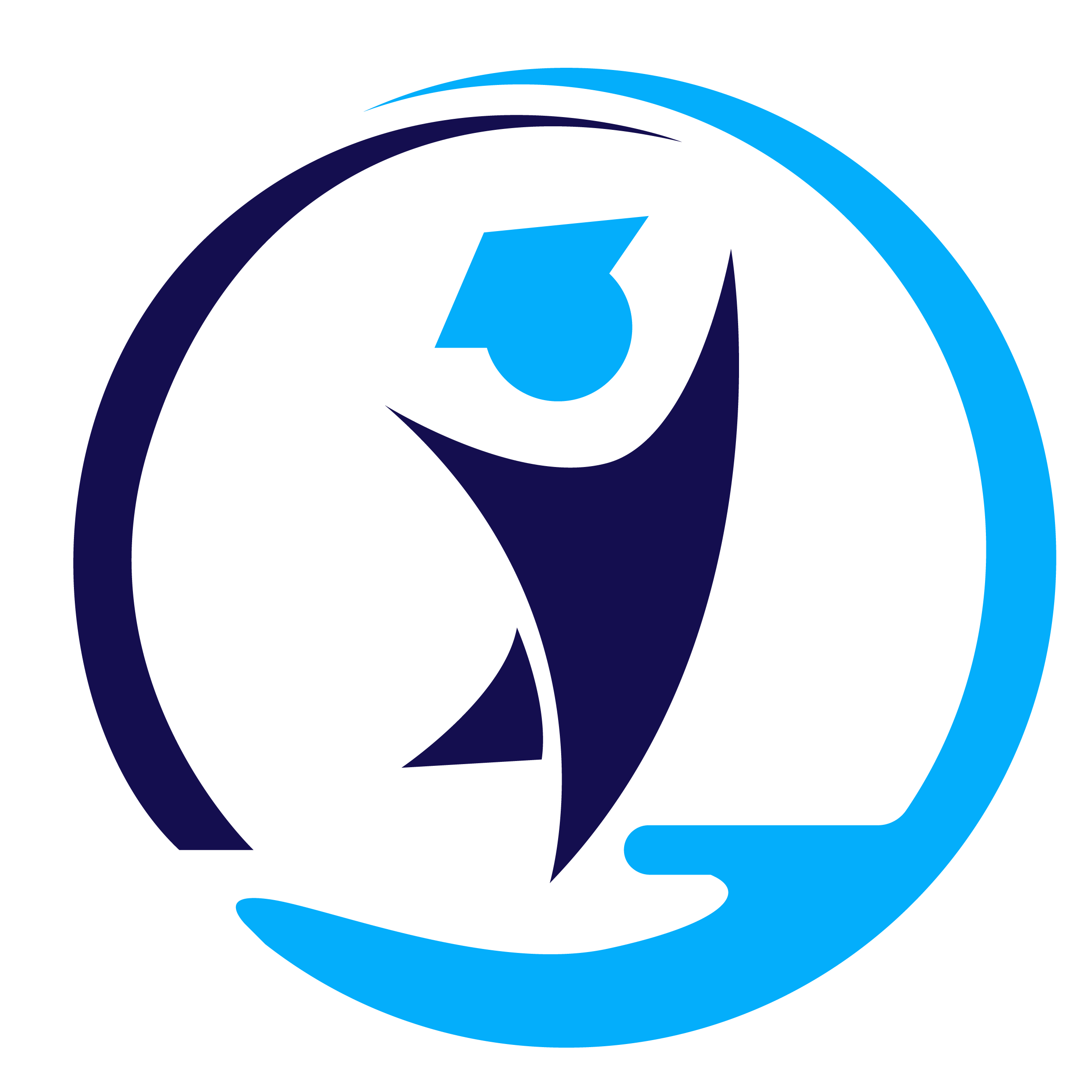Talofa Lava and Welcome
The Government of Sāmoa recognizes the central role of education and culture in its vision for the social and economic development of Sāmoa. The vision focuses on the achievement of:
Improved Quality of Life for ALL
The achievement of the vision relies on the effective implementation of priority strategies to achieve efficient and effective education services. Achieving the national vision will also result in the attainment of Samoa’s MDG targets. H (SDS 2005- 2007, p.2)
THE MINISTRY’S VISION
In light of the Government’s vision, the Ministry has developed a vision that reflects all areas pertaining to its work:
“A quality holistic education system that recognizes and realizes the spiritual, cultural, Intellectual and physical potential of all participants, enabling them to make fulfilling life choices.”
THE MINISTRY’S MISSION
To achieve the Government and Ministry’s vision, a mission statement has been adopted that illustrates the importance of education and culture to the individual, the nation and embraces the idea of personal development.
“Promote quality and sustainable development In all aspects of Education and Culture to provide choices for everyone”
To achieve the Government and Ministry’s vision, a mission statement has been adopted that illustrates the importance of education and culture to the individual the nation and embraces the idea of personal development.
“Promote quality and sustainable development In all aspects of Education and Culture to provide choices for everyone”
POLICY AND PLANNING PRINCIPLES
As highlighted in the SPP, the Ministry continues to adopt the following policy and planning principles: vision, looking beyond the ‘now’ and envisaging a desirable future based and guided by current trends and forecasts:
- change, responsive to shortcomings and mindful of desired outcomes;
- consultative and participatory to enhance understanding of issues concerned;
- continuity and ensuring sustainablllty, building on best practices observed;
- strategic direction, encourages better preparations for effective delivery of education for all learners;
- local context and perspective, enhances change and development; and,
- the value of language, in strengthening the identity of the community
KEY VALUES
The key values upon which the Ministry’s service delivery is based are as follows:
- The concept of Equity requires that the system will treat all individuals fairly and justly in the provision of services and opportunities. Policies and practices which advantage some social groups and disadvantage others will be avoided, while those which address existing inequalities in access, treatment and outcome will be promoted.
- Quality is exemplified by high standards of academic achievement, cultural understanding and social behaviour and results from a complex interplay of professional and technical factors, and social and cultural practices. Policies promoting these will be pursued.
- Relevancy implies a system which is meaningful, recognised, applicable and useful to one’s life. It should enhance the individual and community well being and ultimately national development, including cultural, humanistic and spiritual aspects. Policy decisions will address what is relevant to the individual, to the community and to the nation.
- Efficiency is demonstrated by management practices which ensure optimum use of resources; human, financial and material – at all levels, efficient service delivery, unhampered communication and co-ordinated decision-making. Policies which establish these practices and monitor effectiveness will be given priority.
- Sustainability requires the wise utilization of human, financial and material resources, to ensure balanced and continual development in the system.
- Safety implies that the ‘utmost’ care is observed and displayed in the application of procedures and processes and wherever resources are utilized. It also refers to the safe upkeep and storage of information.
- Discipline: the nature of the teaching profession is the continuous interaction between teachers and their students. And while teachers facilitate learning, at the same time become models of behavior for students; in how they respond and how they do things.
All employees of the Ministry must abide by and adhere to the Values and Code of Conduct expressed in the Public Service Act 2004.
The Ministry
The Ministry of Education and Culture (MEC) is mandated to carry out its duties and functions under the:
- Education Act 2009
- Teachers Act 2016
- Ministry of Youth and Cultural Affairs Act 1993
It also has responsibilities for:
- Ministerial and Departmental Act 2003
- Public Services Act 2004
- Public Service Regulations 2004
- Public Finance Management Act 2001
- Strategy for the Development of Samoa 2016 – 2020
- Education Sector Plan

Our Minister

Honourable Seuula Ioane
In Charge of:
- Ministry of Education And Culture (inclusive of the National University of Samoa (NUS), Polytechnic and Pre-Schools)
- Samoa Qualification Authority
Other Responsibilities:
- Museum and Archives
Contact
- Office of the Minister, Level 4, FMFM II Government Building
- +685 22971 or +685 22958
- min.mesc@lesamoa.net
Office of the CEO
Functions
- Ensure efficient liaison with the office of the Minister of Education & Culture;
- Ensure coordination of the CEO’s appointment;
- Ensure efficient flow of correspondence to and from the CEO;
- Ensure effective liaison with the community;
- Ensure effective coordination of UNESCO National Commission activities;
- Ensure efficient coordination of the Executive Committees;
- Ensure efficient and effective use of resources and advice on processes and systems;
- Provide legal advice and service to the Ministry and to the CEO;
- Provide policy advice to the Minister;
- Timely submissions of briefing statements to the Minister and CEO;
- Provide MESC representation on official and community committees as needed;
- Conduct internal audit procedures and prepare quarterly reports;
- Coordinate the implementation of the Education Sector Project;
- Ensure timely reports on the Education Sector Plan

